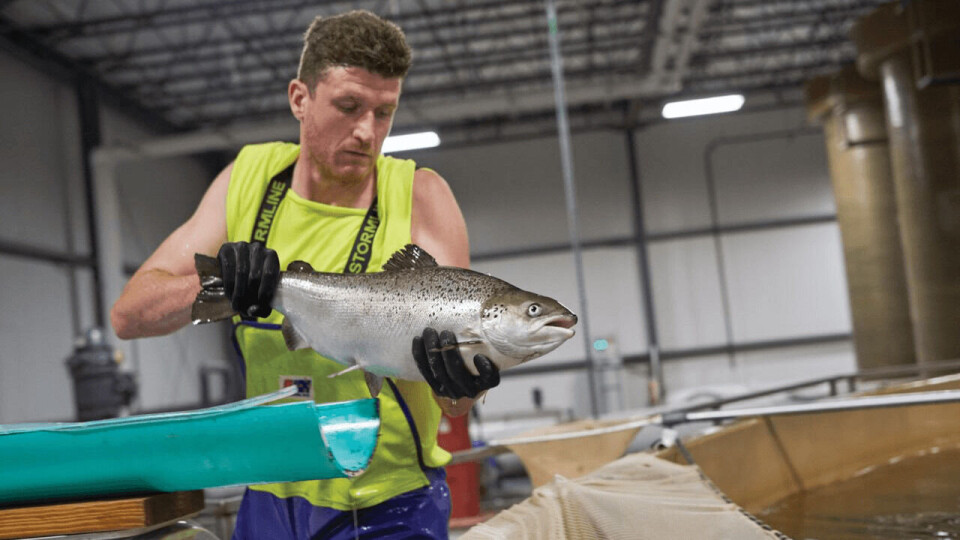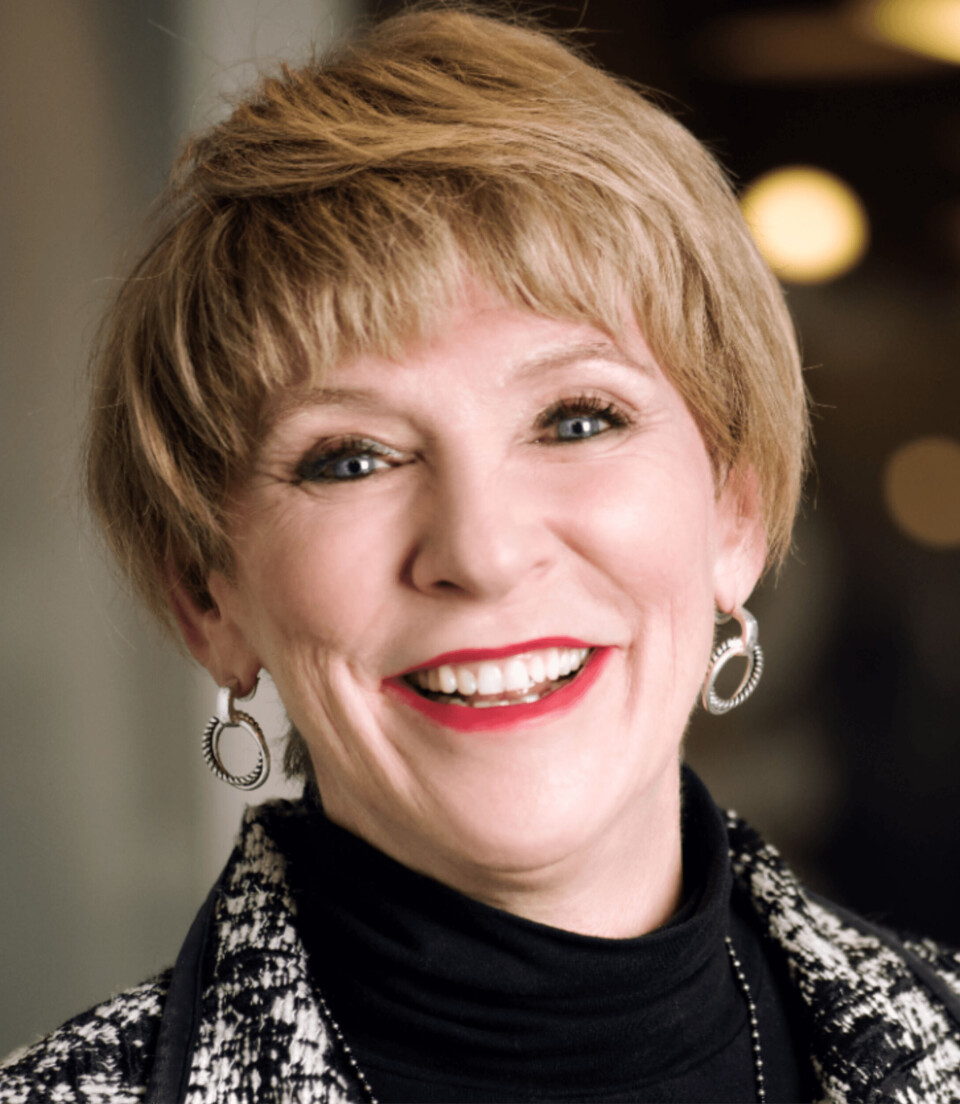
GM salmon may be in US shops by April
Transgenic-salmon farmer AquaBounty has this week begun harvesting a small number of fish for use as samples for potential customers in the retail sector.
Chief executive Sylvia Wulf said she hoped the company’s salmon, which are being grown in a recirculating aquaculture facility (RAS) near Albany, Indiana, would be on sale to the US public in April.
“It has been 26 years in the making,” said Wulf, who added that the trend towards growing salmon in land-based facilities in the US meant that the time was now right for the company’s AquAdvantage salmon. The fish grow more quickly in early life than conventional Atlantic salmon, making RAS production more viable.

Company’s biggest decision
Speaking in an on-line press conference, Wulf added that AquaBounty would probably finalise a site for a new 10,000-tonne RAS in the American Midwest by the end of March. She said that choosing the correct site was probably the most important decision in the company’s history.
AquaBounty originally named Mayfield, Kentucky as the site for the farm but changed its mind after further research indicated that two other sites were superior.
Water supply, affordable power, and the availability of personnel and training for those staff are all considerations, said Wulf.
Secure facility
The facility will also be sited so that in the unlikely possibility of an escape the company’s AquAdvantage salmon wouldn’t reach a water course.
“We are very aware of the concerns of environmentalists,” said the chief executive, who pointed out that AquaBounty’s facilities had six separate levels of security built in, and its all-female AquAdvantage salmon were sterile, so couldn’t interbreed with wild stock.
AquaBounty’s fish are descendants of Atlantic salmon that had a one-time genetic modification 30 years ago. The growth hormone-regulating gene in the Atlantic salmon was replaced with the growth hormone-regulating gene from Pacific Chinook salmon, with a promoter sequence from ocean pout. This enables the AquAdvantage salmon to grow year-round, instead of just the spring and summer.
‘Purchase intent’
Wulf said AquaBounty’s customer research had shown that seven out of 10 consumers “indicated a purchase intent” once they learned the background to AquAdvantage salmon and the environmental advantages of producing fish that didn’t have to be imported from Europe or Chile.
She added that AquaBounty’s business model doesn’t rely on achieving premium prices and that its fish would be accessible and affordable.
The fish would be labelled as a GM product in stores.
“We have got the labels in place,” said Wulf. “We’re proud of the fact that our salmon is genetically engineered.”
100 tonnes a month
The company’s Albany plant has a capacity of 1,200 tonnes per year, with a smaller facility on Prince Edward Island in Canada able to produce 250 tonnes.
Once sales start, the company intends to ramp up harvesting in Albany to 100 tonnes per month, 12 months of the year.
“Potential customers were asking if we would be interested in a long-term supply agreement,” said Wulf. “RAS farming allows that.”






















































